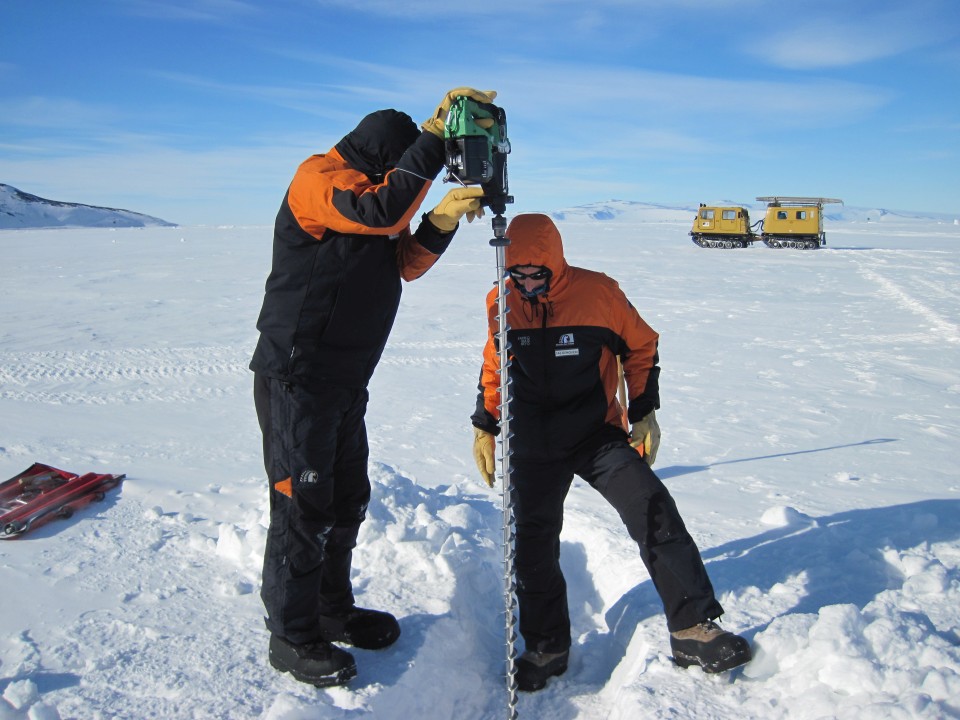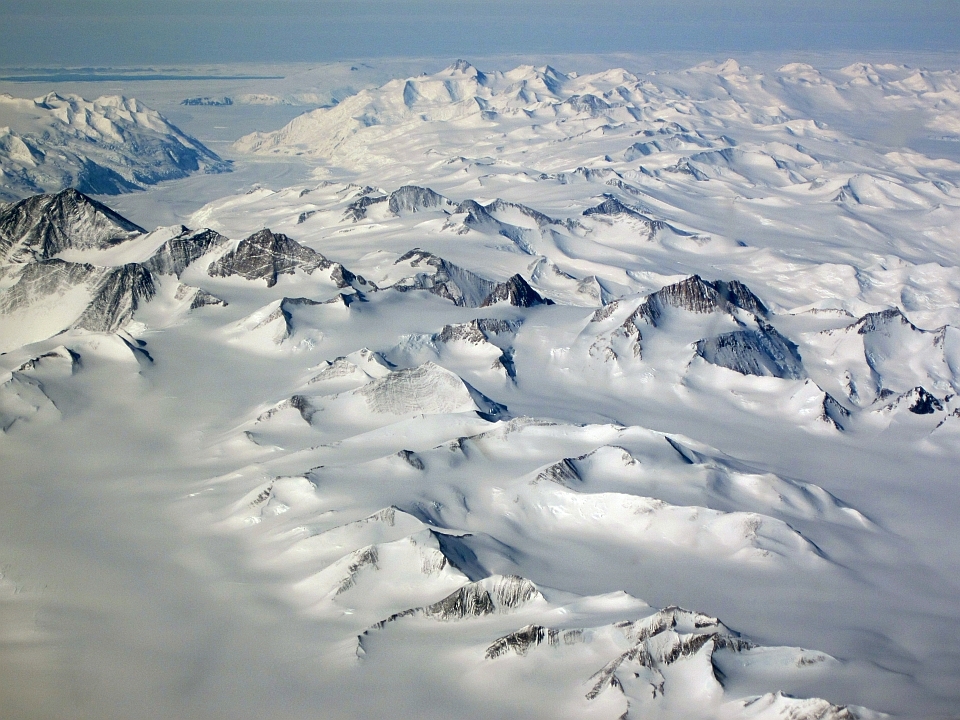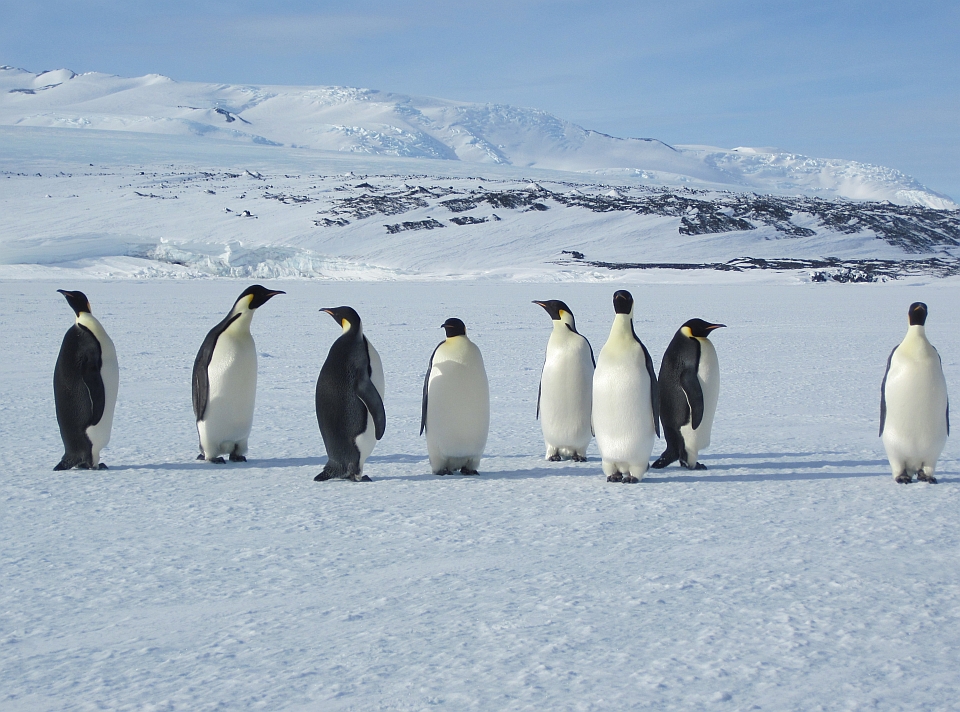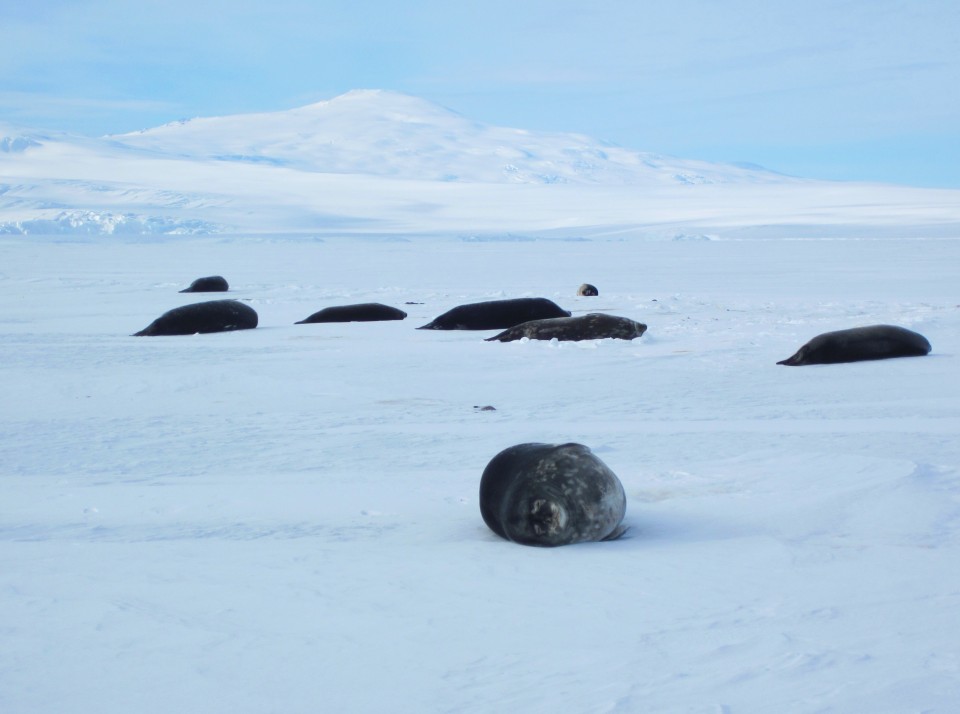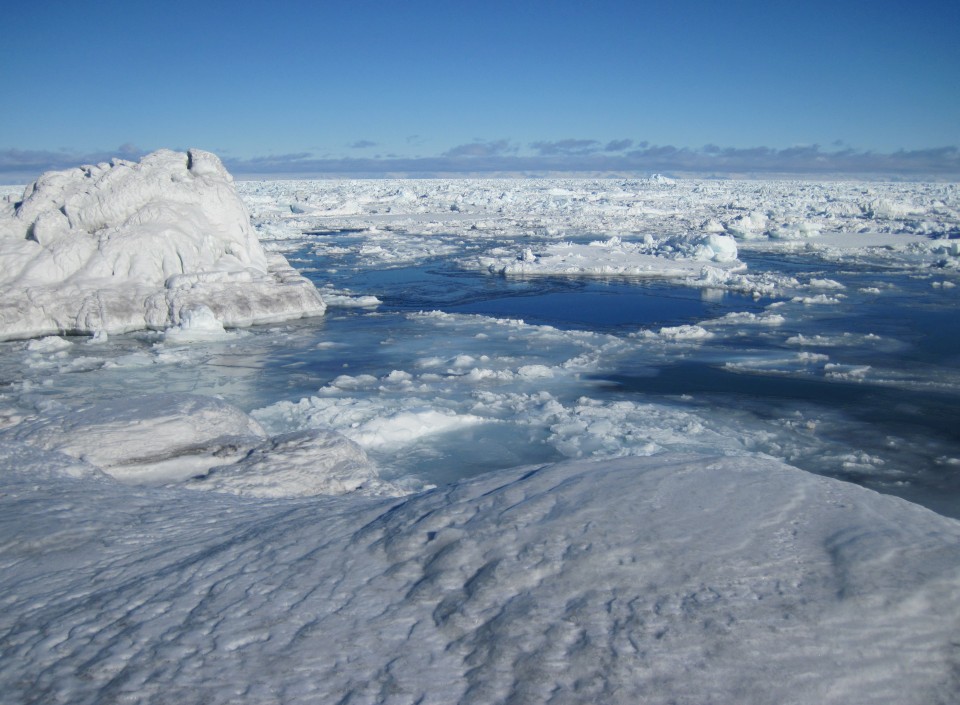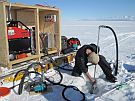Apart from some parts of the Arctic Circle, the West Antarctic Peninsula is one of the fastest warming areas on Earth. The tricky thing to understand is how climate is changing. Because Antarctica is a big place, climate change is not happening at the same rate across all of Antarctica. In some places sea ice is growing while in others, sea ice is shrinking.
Global climate
Antarctica strongly affects the climate of the whole Earth because;
- It is mostly covered by a large ice sheet which is white so reflects heat back into the air
- Antarctica is high with lots of mountains and high plateaux so cold air flows down from high ground to low valleys
- Around the south pole less of the sun’s energy reaches the surface
- It is very dry as moisture is locked up in ice sheets and sea ice
- Saltier water forms around sea ice as salts drain out of freezing sea water. This denser (heavier) water sinks forming deep cold ocean currents that spread out under the world’s oceans.
You could find out more about how ocean currents affect climate.
Both the ice sheet and the sea ice are likely to change if temperatures increase, even if the increase is small.
What is happening in different parts of Antarctica?
Antarctica is made up of three main regions:
- East Antarctica covered by the East Antarctic Ice Sheet (EAIS)
- West Antarctica covered by the West Antarctic Ice Sheet (WAIS)
- The Antarctic Peninsula
East and West Antarctica are divided by the great Trans-Antarctic Mountains.
The East Antarctic Ice Sheet
The East Antarctic Ice Sheet is in balance as the growth of ice from cold temperatures and snowfall is the same as loss of ice from melting at the edges and the calving of icebergs. So the EAIS is neither growing nor shrinking.
The West Antarctic Ice Sheet
The West Antarctic Ice Sheet is only one-tenth of the size of EAIS but the WAIS is the ice sheet that has scientists worried - it is shrinking because;
- the WAIS is in an area that is getting warmer
- this ice sheet is above the sea rather than land so it can shrink very quickly if the sea gets warmer.
The Antarctic Peninsula
The Antarctic Peninsula is a narrow finger of land that stretches northward into the Southern Ocean.
The Peninsula is only a small part of Antarctica. It is warmer and strongly affected by the sea that surrounds it on three sides.
Due to strong warming, glaciers here are shrinking and adding to sea level rise.
The biggest changes in temperature have been recorded on the Antarctic Peninsula. Temperatures here have increased by up to 3° C since 1950.
Impacts
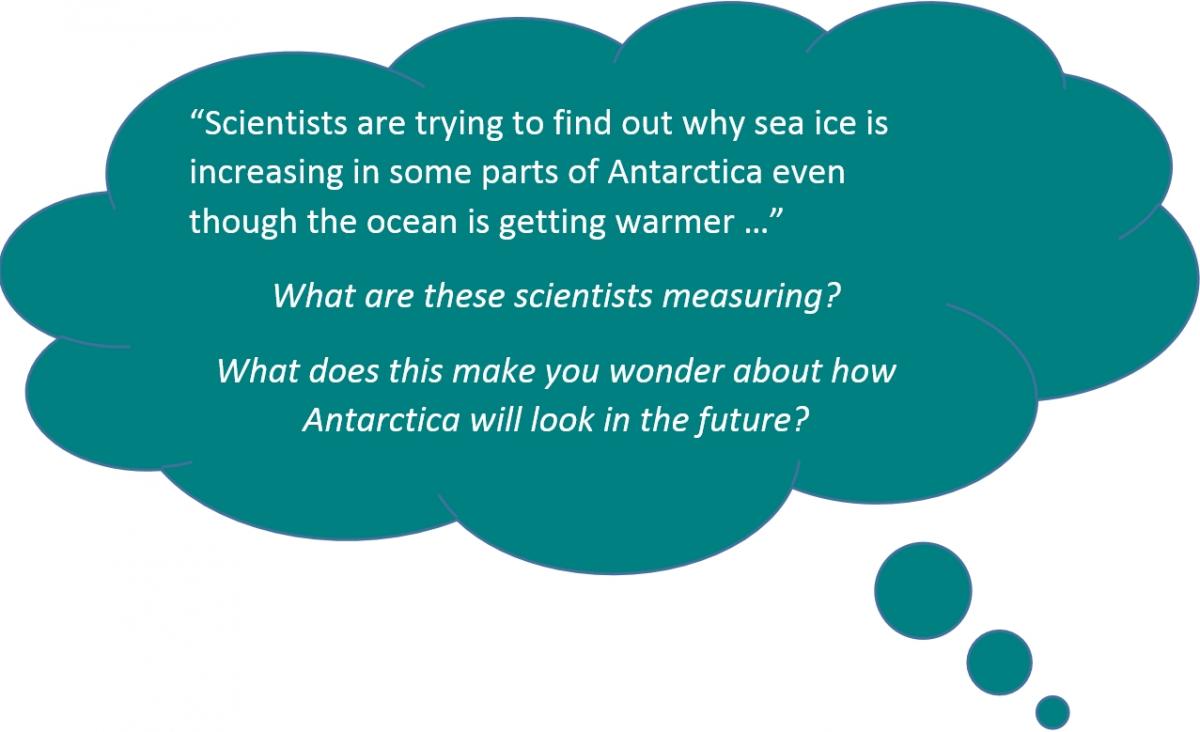 Antarctic wildlife will also be affected by climate change. Krill often feed on algae that live underneath sea ice and krill numbers have been dropping around the West Antarctic Peninsula as sea ice has shrunk.
Antarctic wildlife will also be affected by climate change. Krill often feed on algae that live underneath sea ice and krill numbers have been dropping around the West Antarctic Peninsula as sea ice has shrunk.
During this field trip you will be looking at how climate change may affect marine animals living in West Antarctica and how a change in sea ice could affect marine food webs. You will investigate whether sea ice algae is an important source of energy that supports animals living in the Ross Sea, including seals and penguins.

